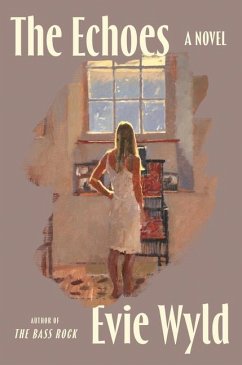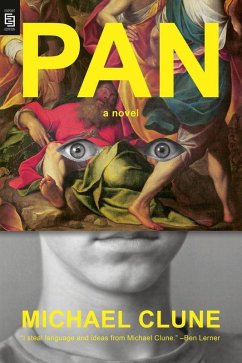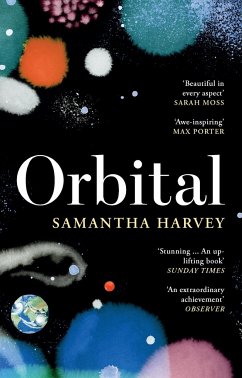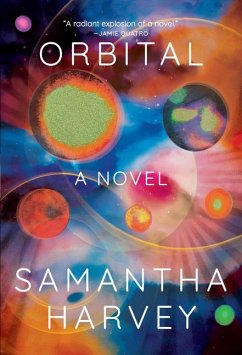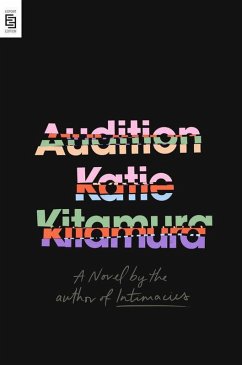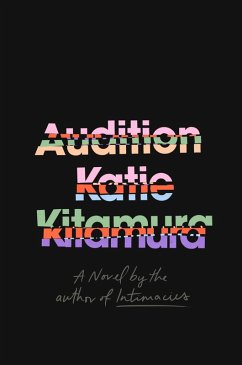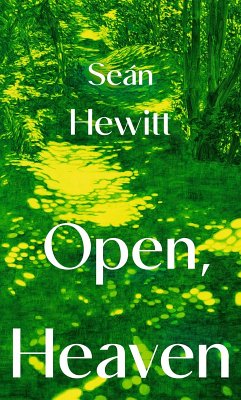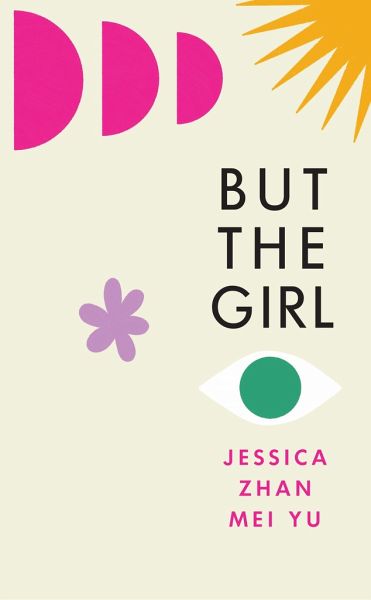
But the Girl
Versandkostenfrei!
Sofort lieferbar
12,99 €
inkl. MwSt.
Weitere Ausgaben:

PAYBACK Punkte
6 °P sammeln!
Irreverent, witty and wise, But the Girl is a coming-of-age story about not wanting to leave your family behind'Impressive... Yu remakes the art of writing itself'GUARDIAN'A wonderful new novel for a metamodern world'BRANDON TAYLOR, author of The Late AmericansGirl was born on the very day her parents and grandmother immigrated from Malaysia to Australia. The story goes that her mother held on tight to her pelvic muscles in an effort to gift her the privilege of an Australian passport. But it's hard to be the embodiment of all your family's hopes and dreams, especially in a country that's host...
Irreverent, witty and wise, But the Girl is a coming-of-age story about not wanting to leave your family behind
'Impressive... Yu remakes the art of writing itself'
GUARDIAN
'A wonderful new novel for a metamodern world'
BRANDON TAYLOR, author of The Late Americans
Girl was born on the very day her parents and grandmother immigrated from Malaysia to Australia. The story goes that her mother held on tight to her pelvic muscles in an effort to gift her the privilege of an Australian passport. But it's hard to be the embodiment of all your family's hopes and dreams, especially in a country that's hostile to your very existence.
When Girl receives a scholarship to travel to the UK, she is finally free for the first time. In London and then Scotland she is meant to be working on a PhD on Sylvia Plath and writing a postcolonial novel. But Girl can't stop thinking about her upbringing and the stories of the people who raised her. How can she reconcile their expectations with her reality? Did Sylvia Plath have this problem? What even is a 'postcolonial novel'? And what if the story of becoming yourself is not about carving out a new identity, but learning to understand the people who made you who you are?
'Impressive... Yu remakes the art of writing itself'
GUARDIAN
'A wonderful new novel for a metamodern world'
BRANDON TAYLOR, author of The Late Americans
Girl was born on the very day her parents and grandmother immigrated from Malaysia to Australia. The story goes that her mother held on tight to her pelvic muscles in an effort to gift her the privilege of an Australian passport. But it's hard to be the embodiment of all your family's hopes and dreams, especially in a country that's hostile to your very existence.
When Girl receives a scholarship to travel to the UK, she is finally free for the first time. In London and then Scotland she is meant to be working on a PhD on Sylvia Plath and writing a postcolonial novel. But Girl can't stop thinking about her upbringing and the stories of the people who raised her. How can she reconcile their expectations with her reality? Did Sylvia Plath have this problem? What even is a 'postcolonial novel'? And what if the story of becoming yourself is not about carving out a new identity, but learning to understand the people who made you who you are?





